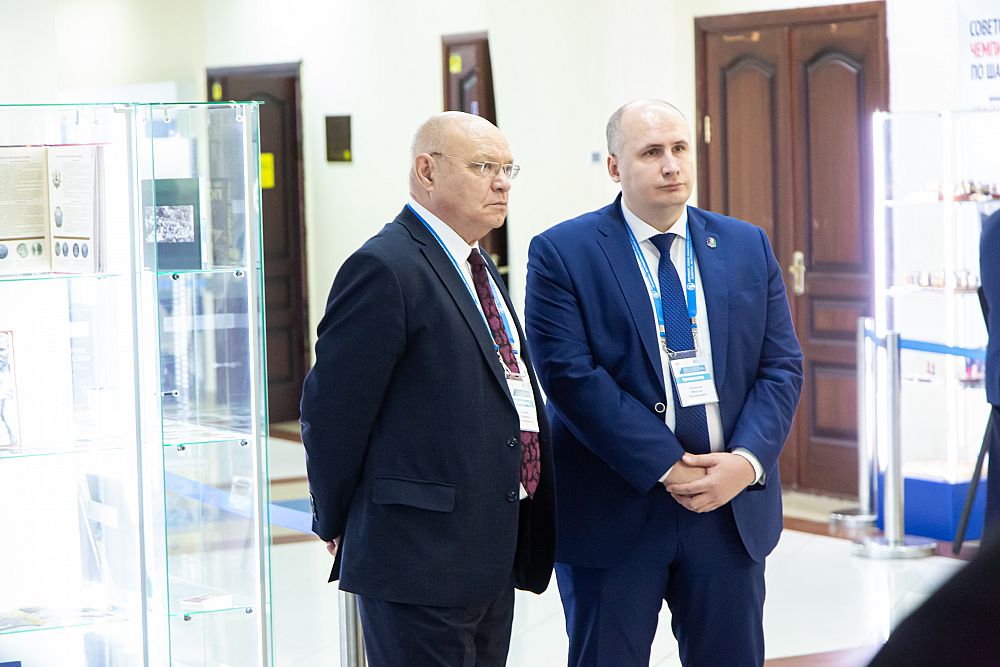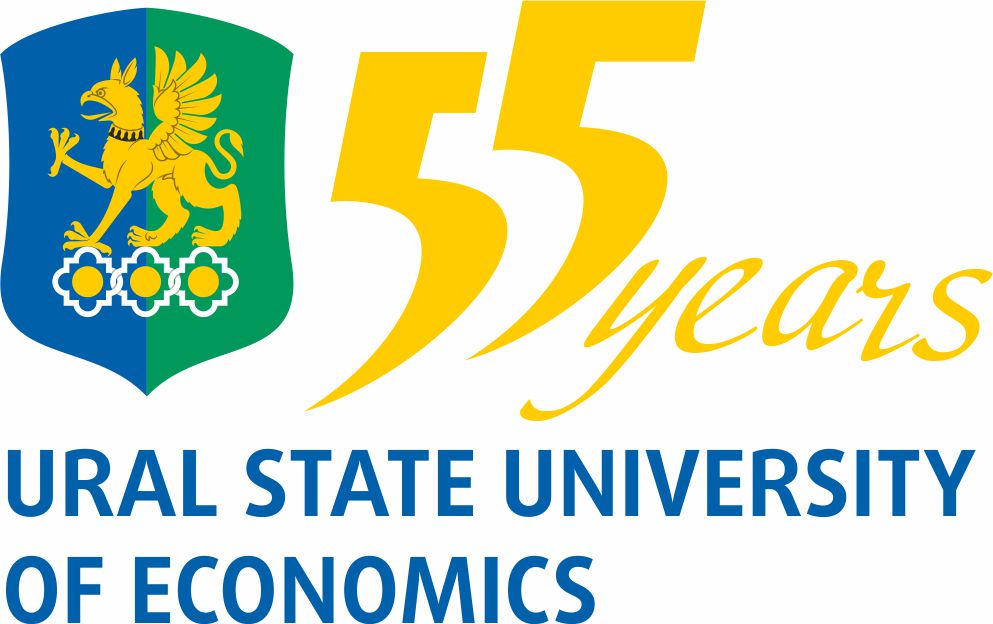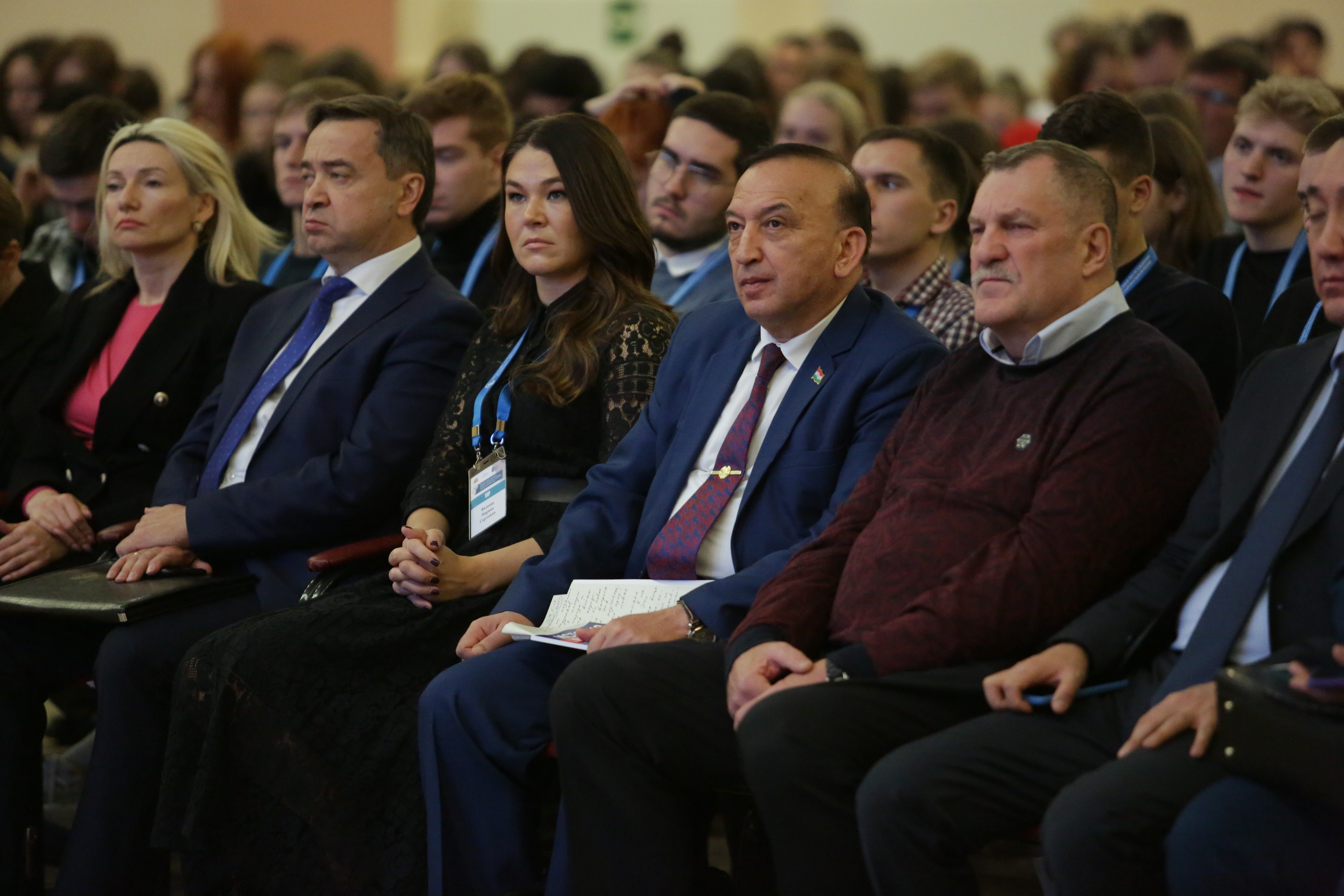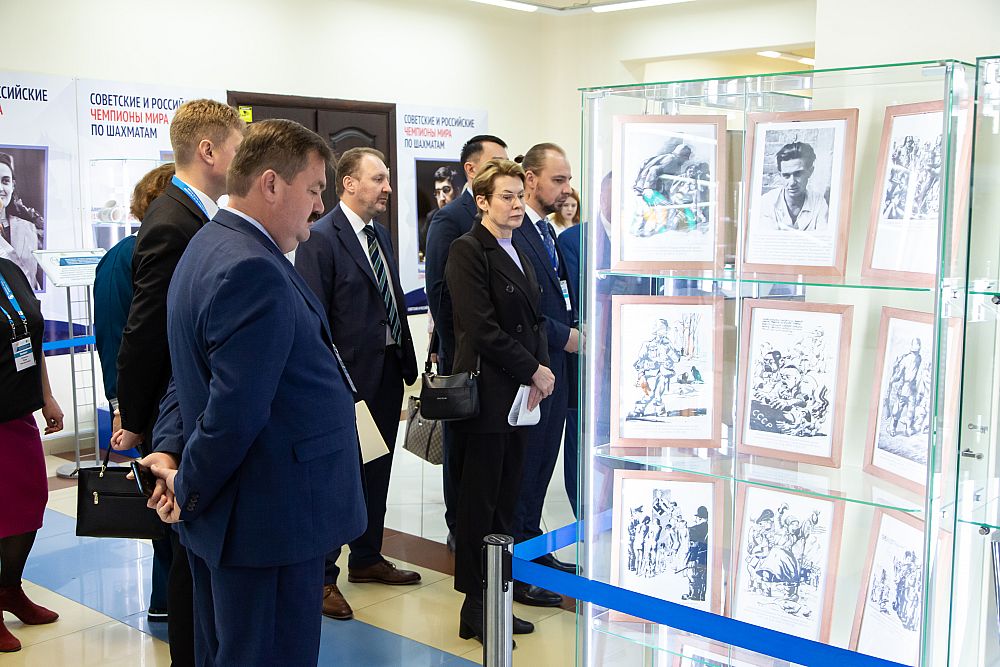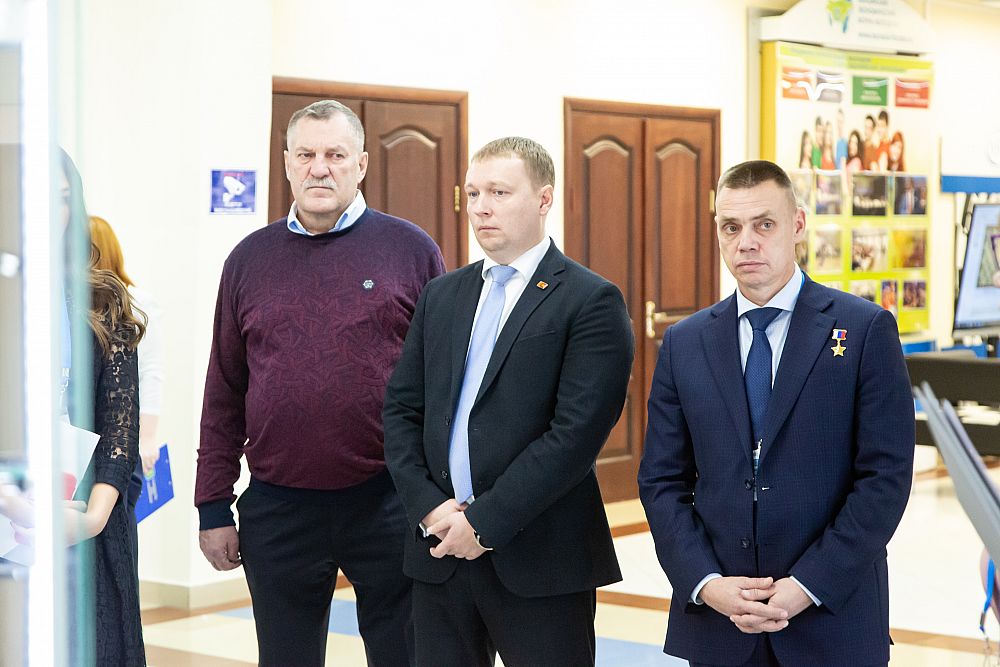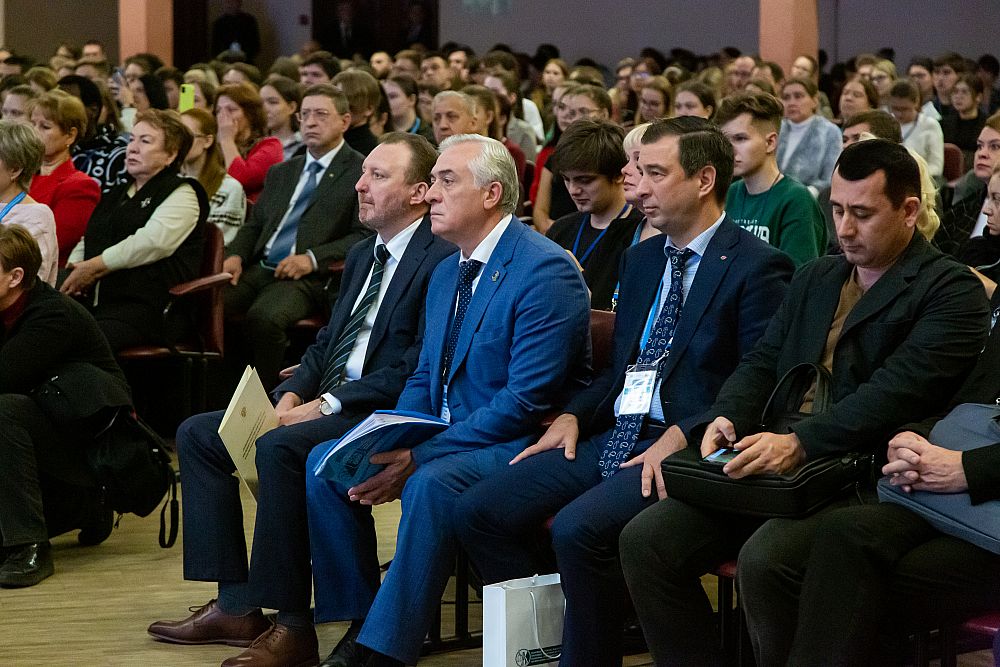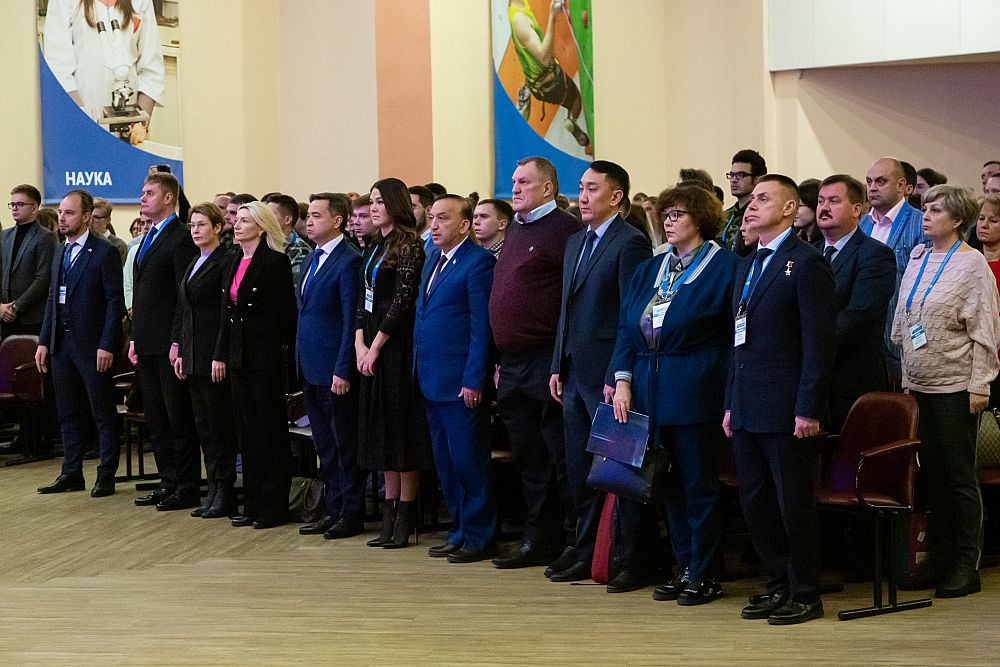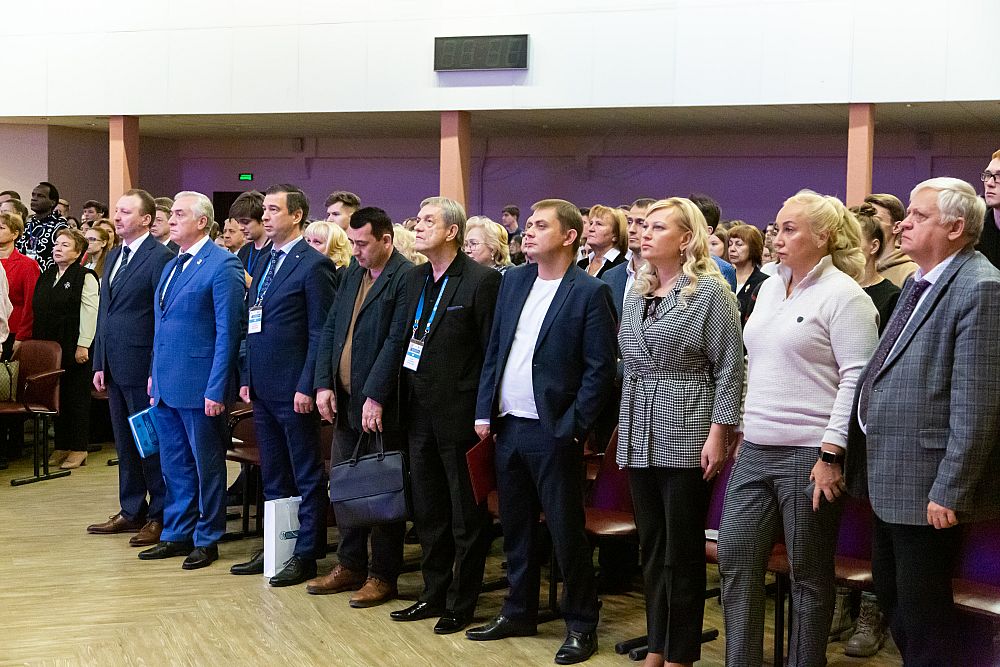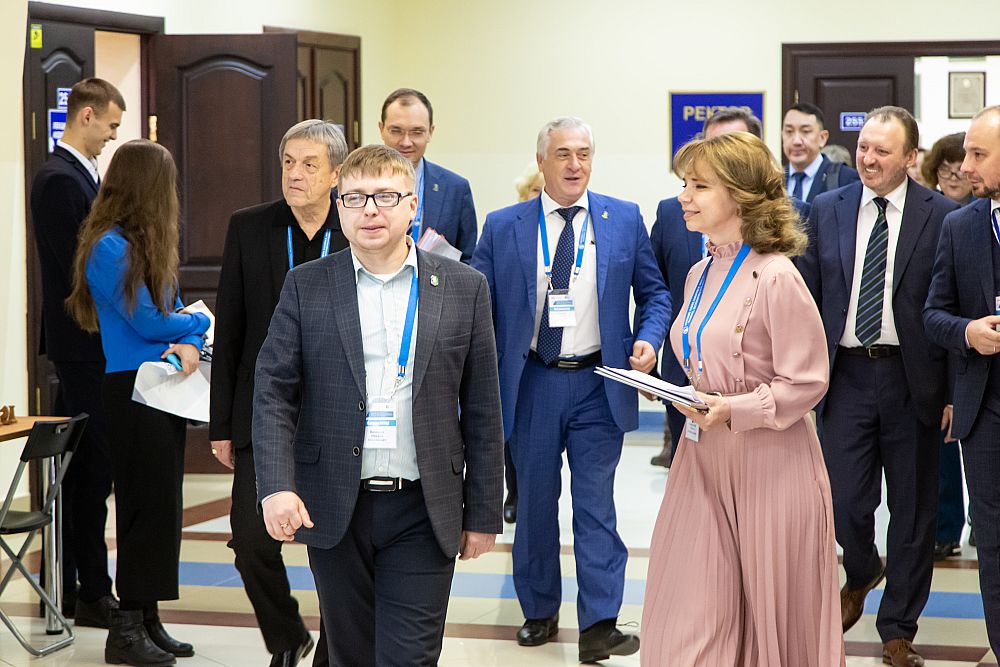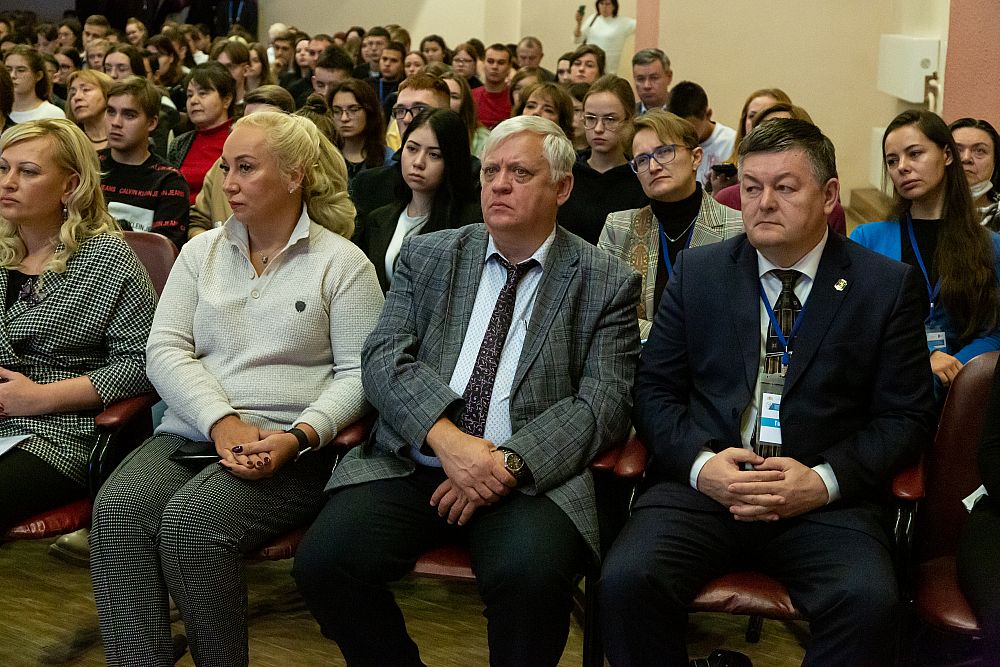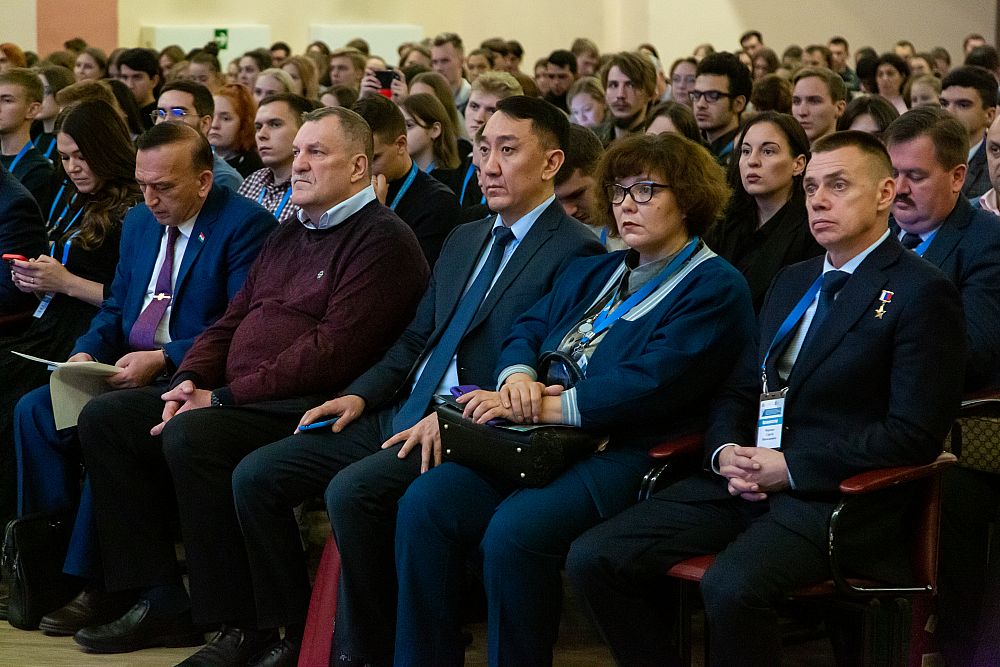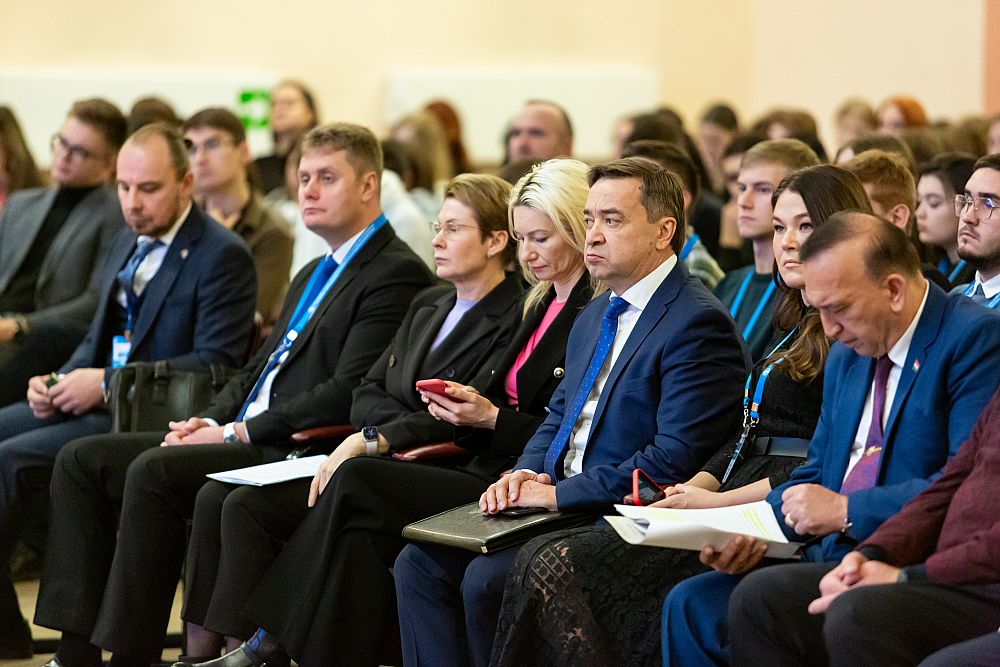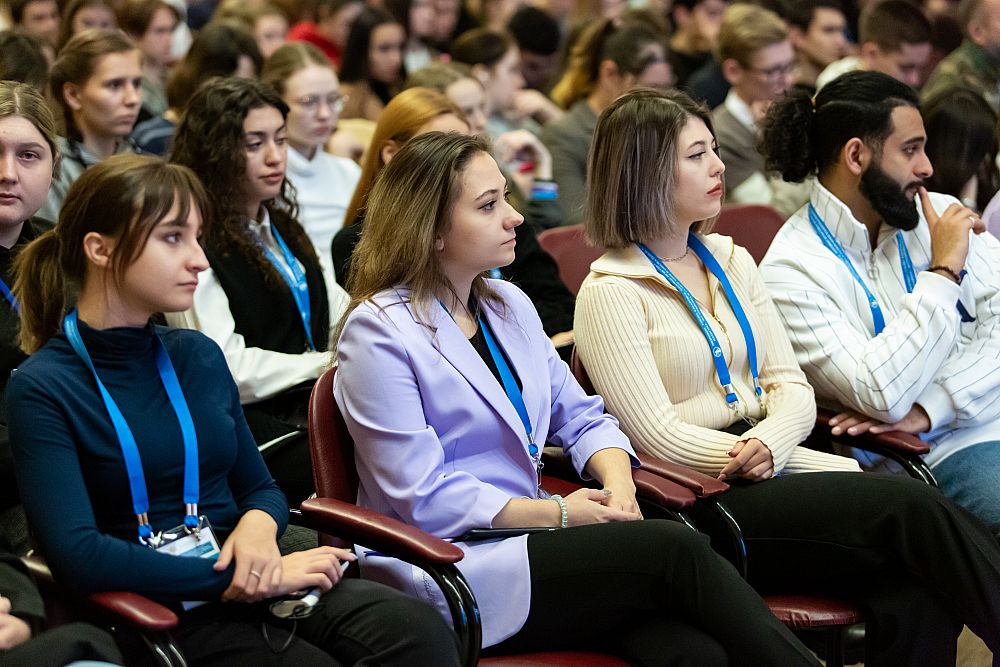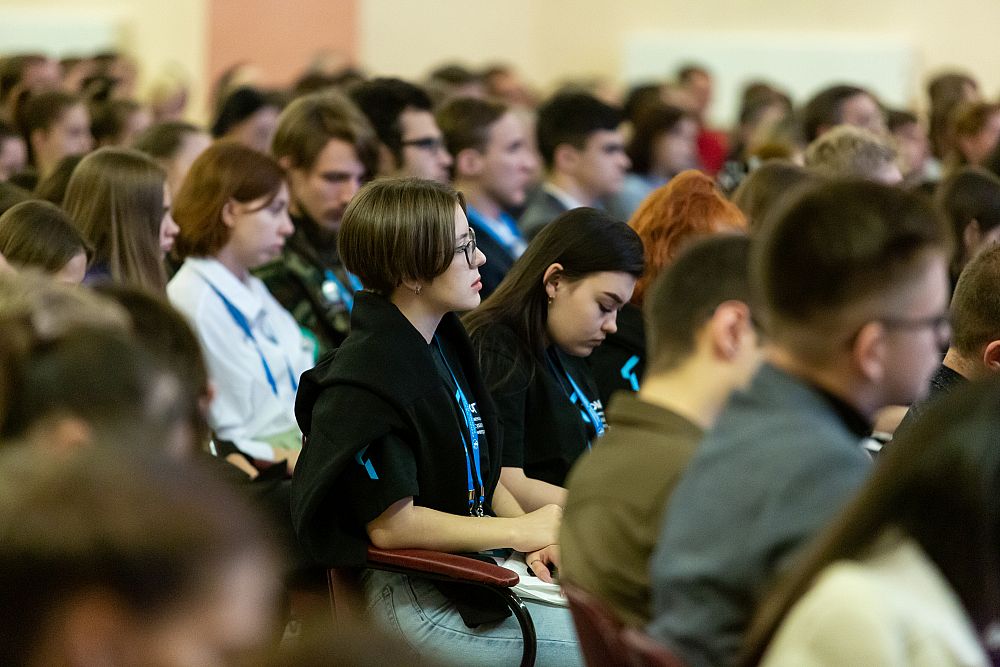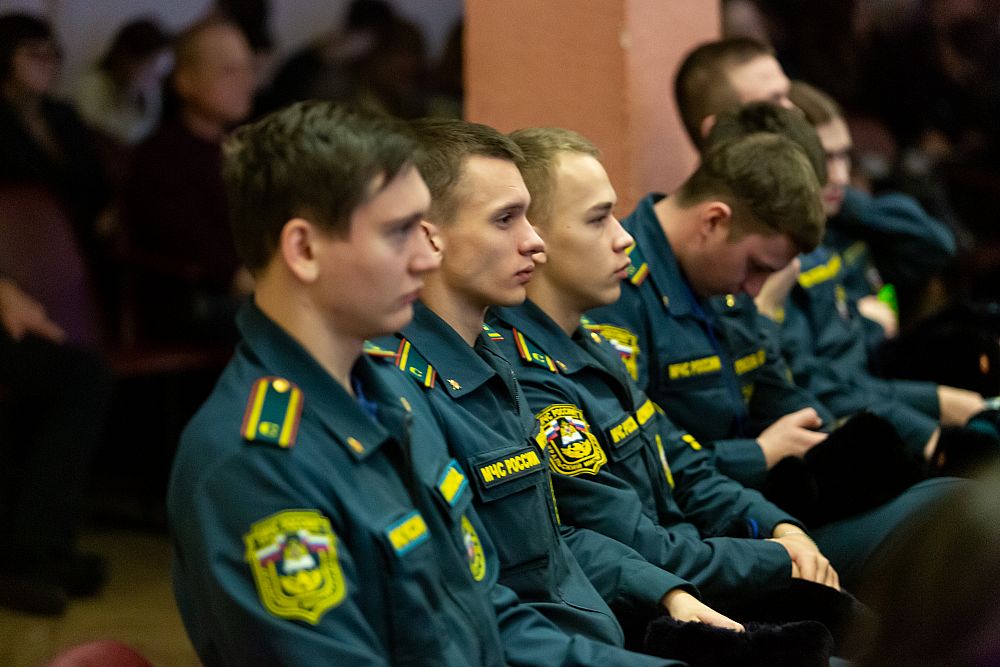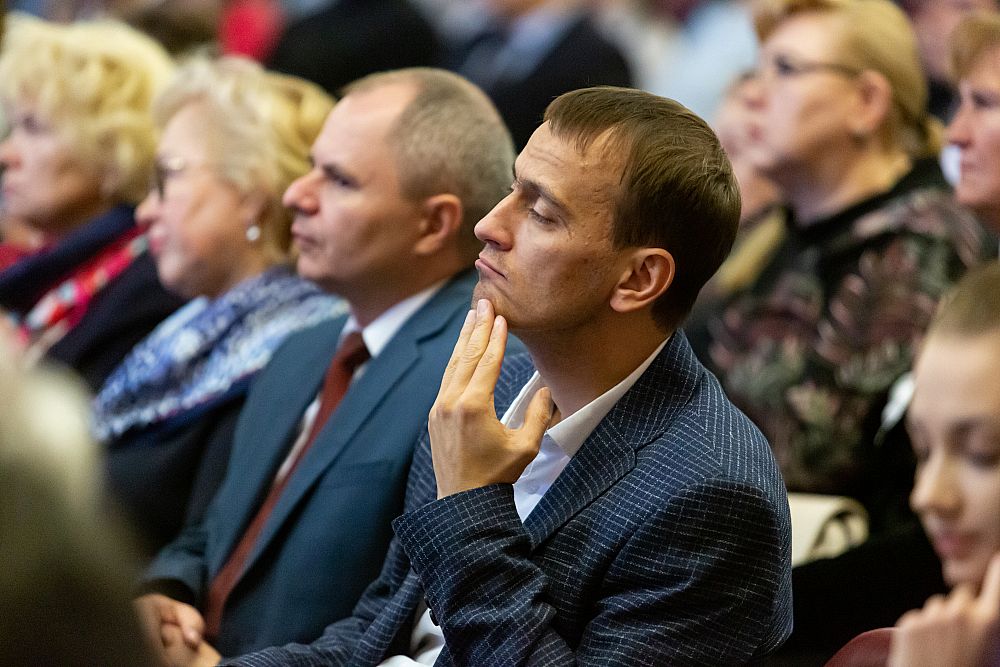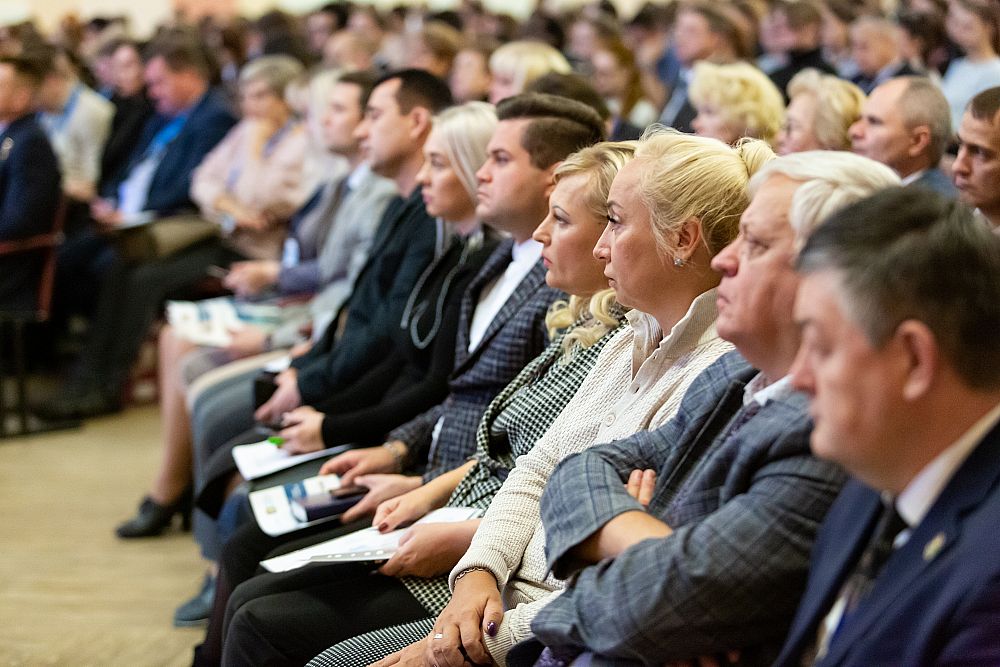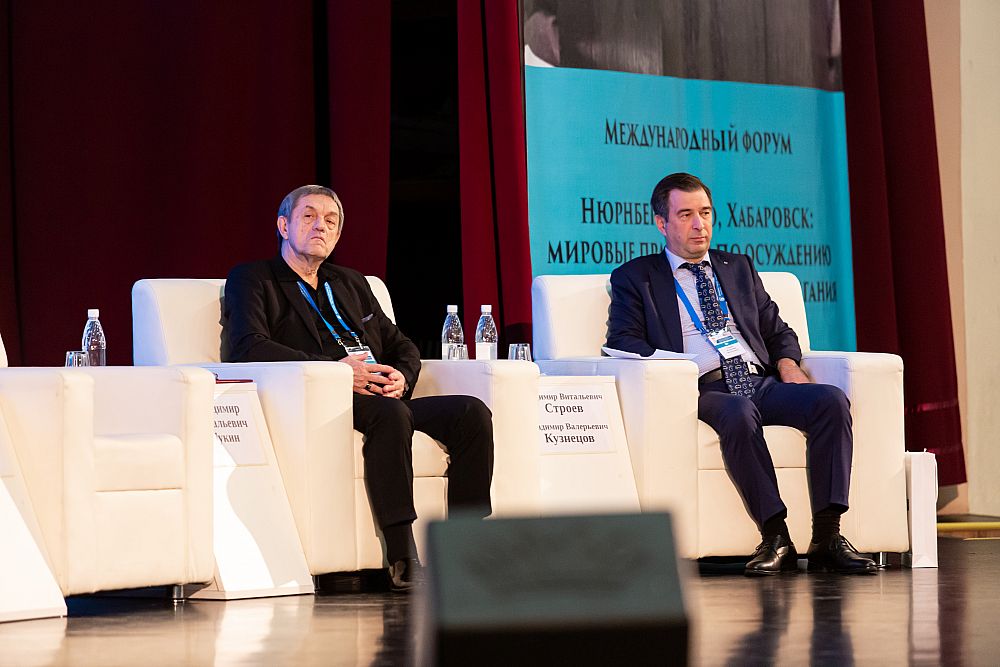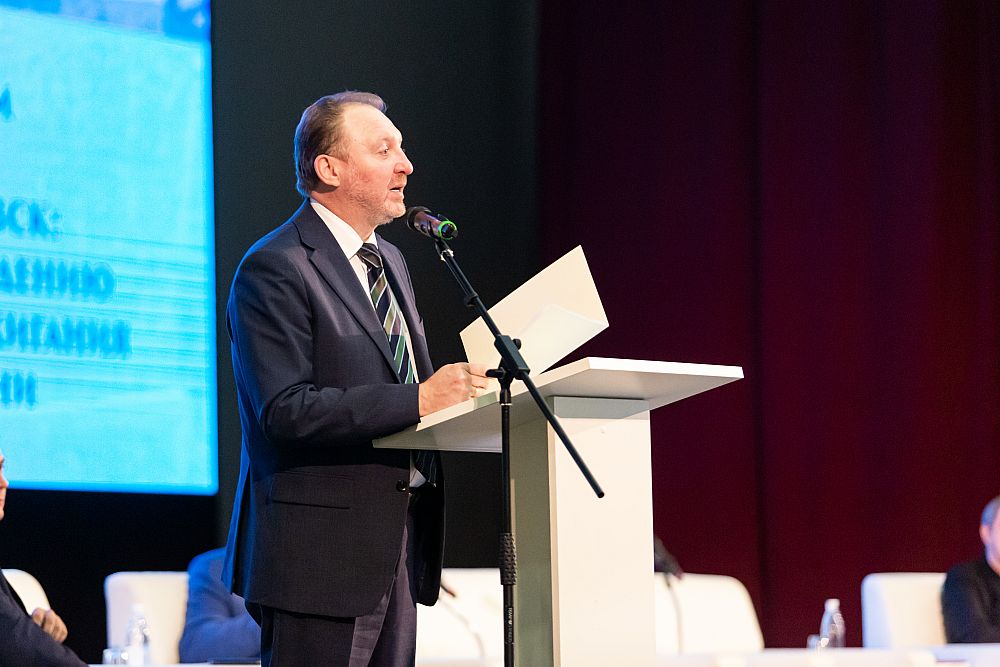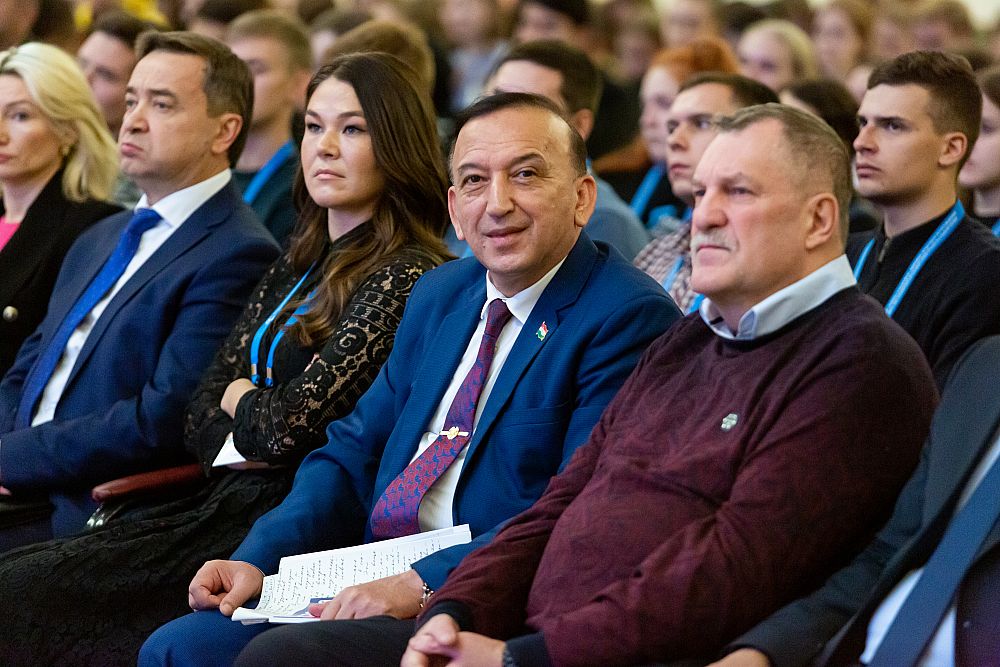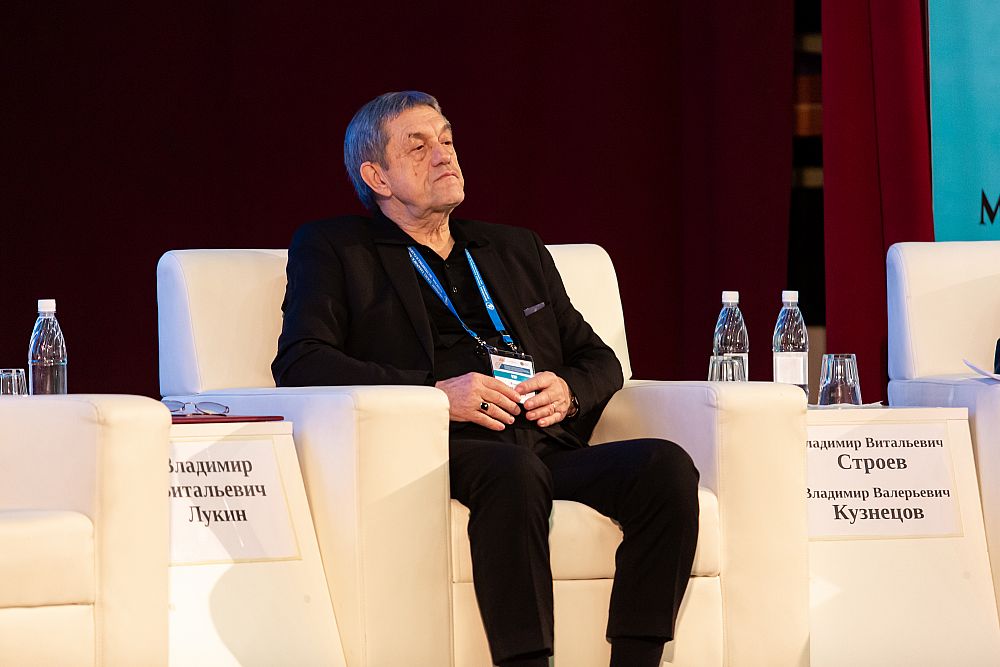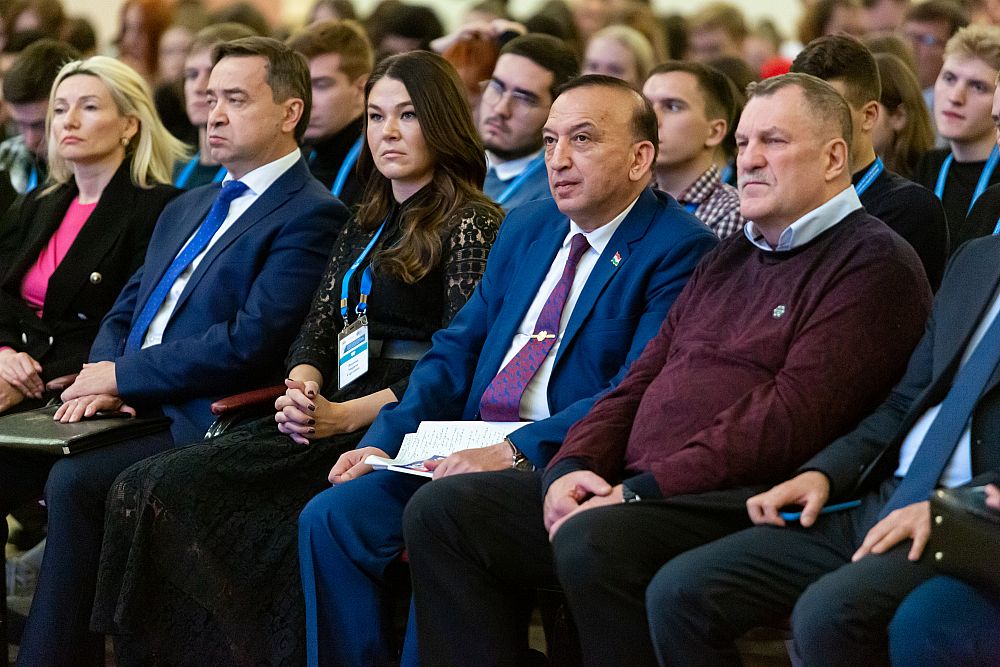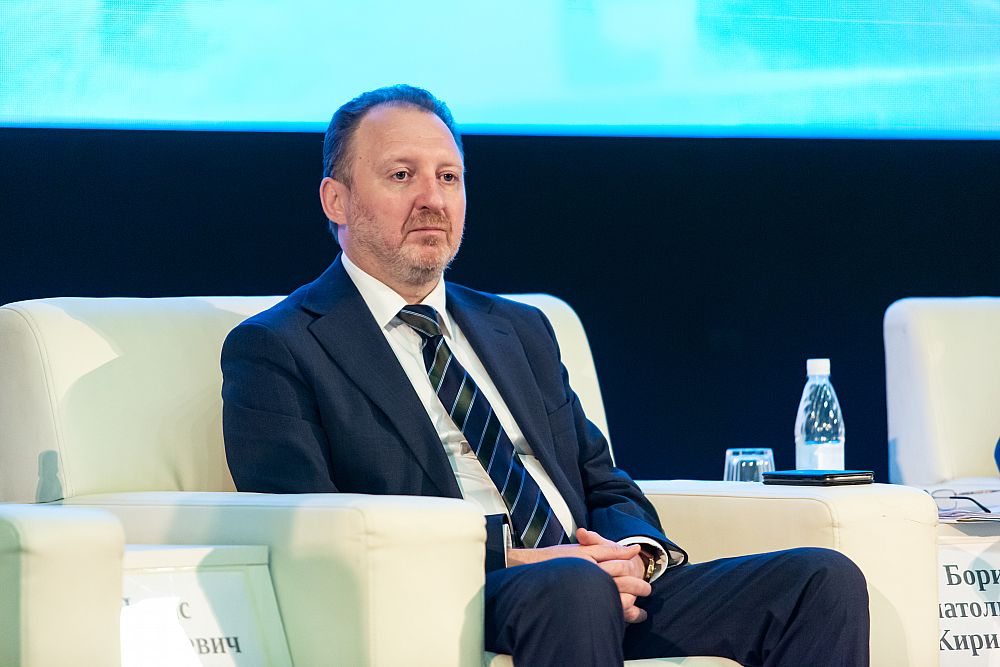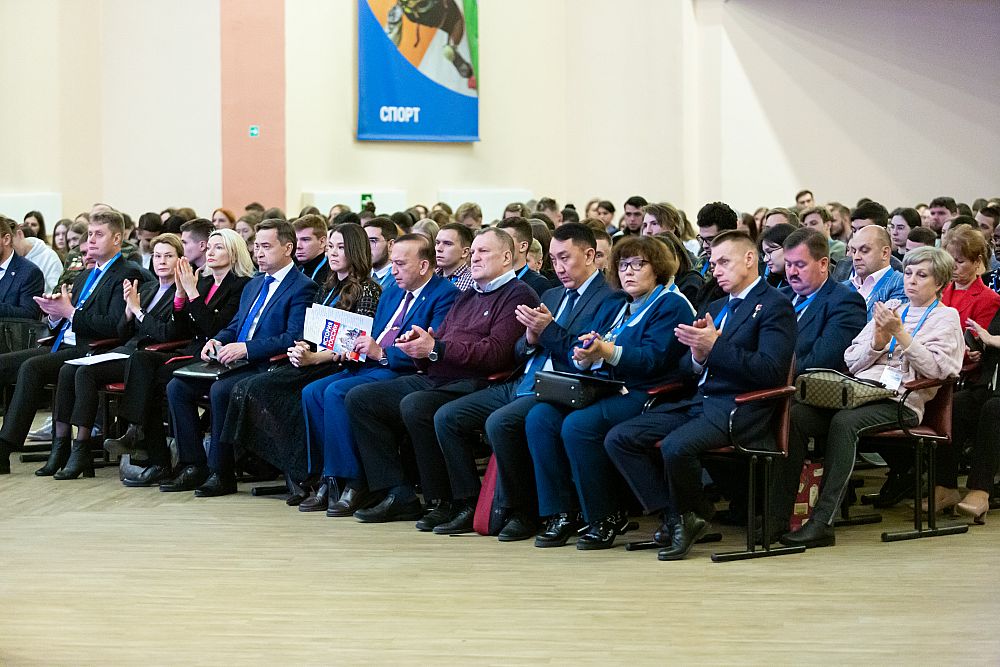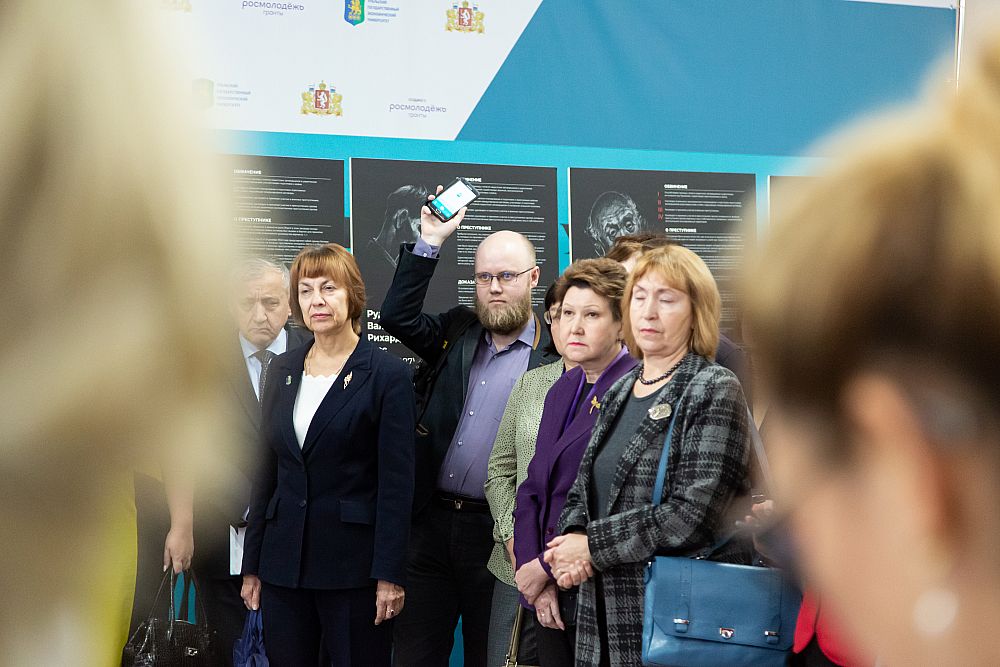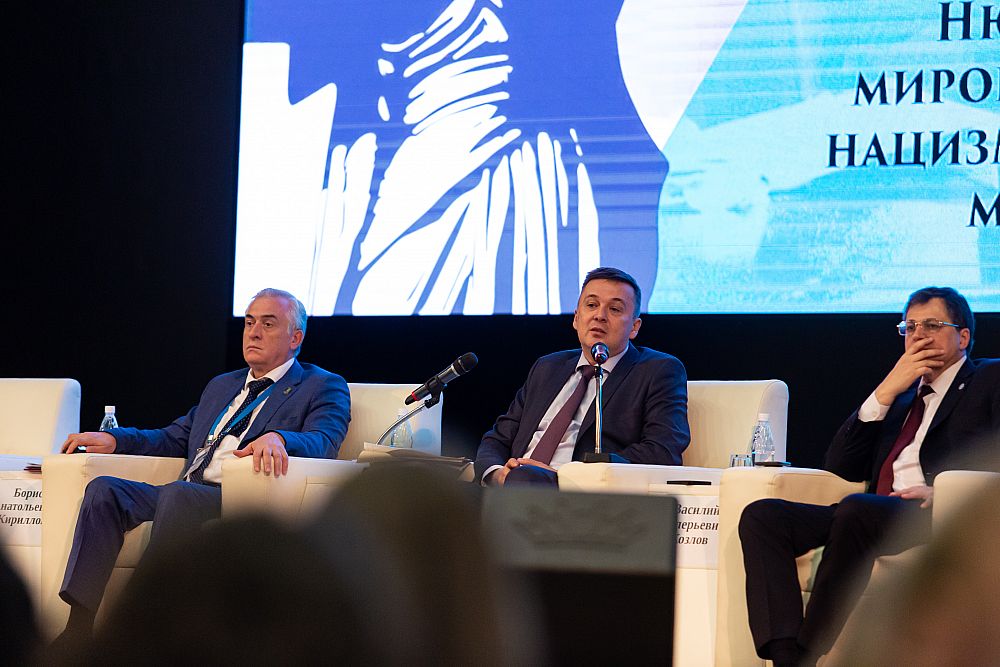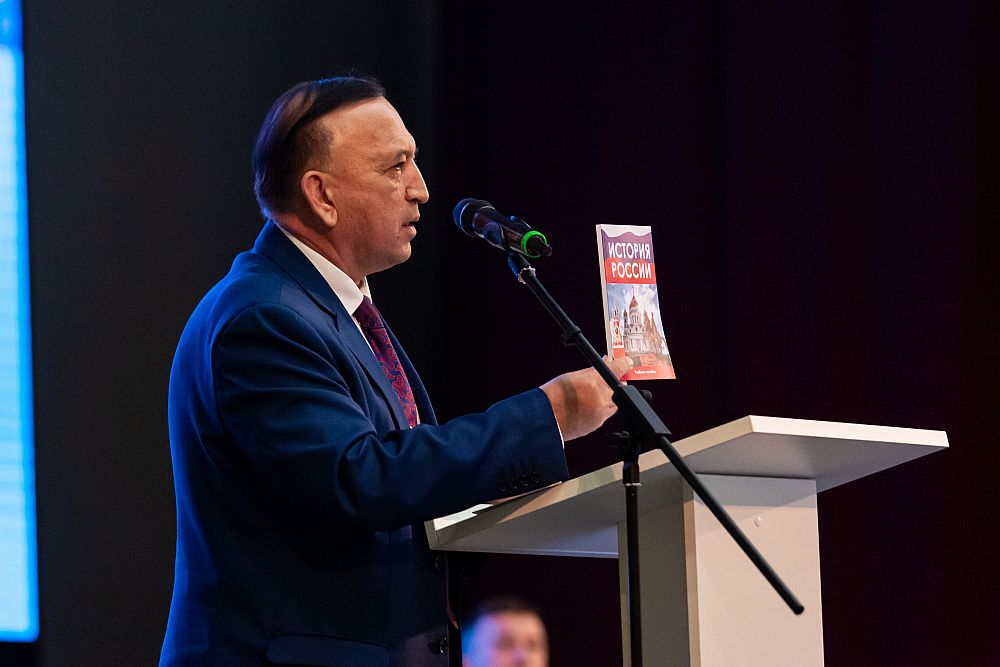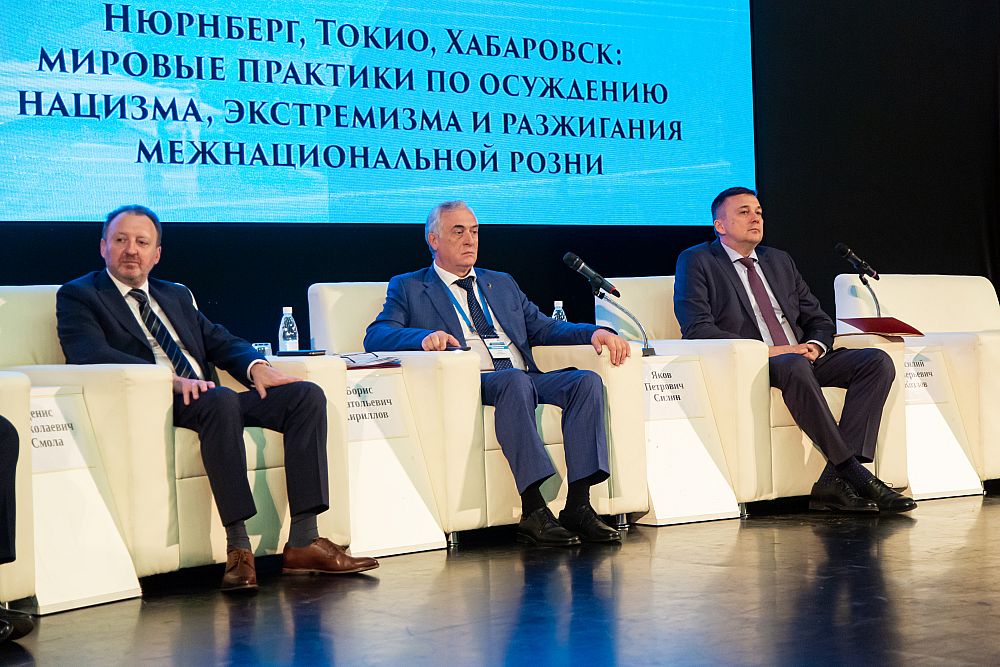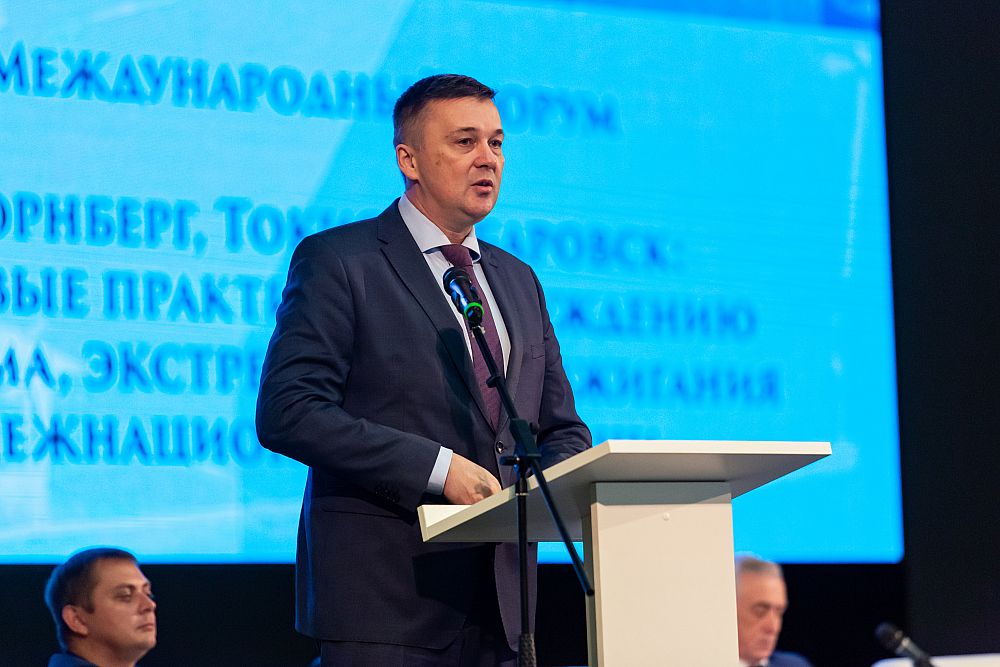 See other releases of corporate mass media
See other releases of corporate mass media
Nuremberg, Tokyo, and Khabarovsk: we do remember!
Today, USUE hosted the opening ceremony of the International Forum “Nuremberg, Tokyo, Khabarovsk: World Practices in Condemning Nazism, Extremism and Inciting Ethnic Hatred.” About 700 people gathered in the USUE House of Culture: representatives of the scientific community, authorities, and youth. There is also an online broadcast.
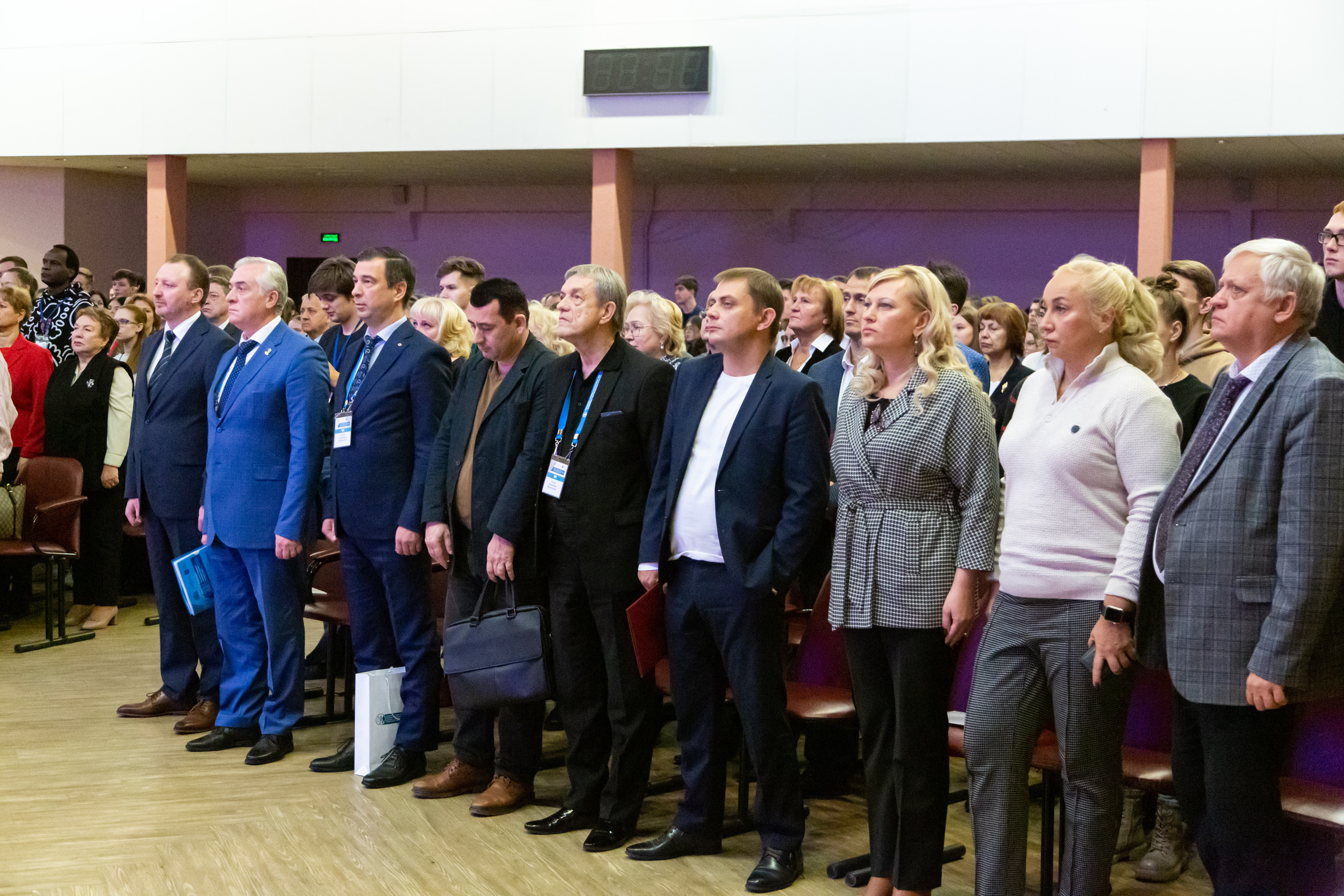
The opening ceremony of the forum began with the National Anthem of the Russian Federation. The first to address the participants was the president of the Ural branch of the Free Economic Society of Russia, USUE Rector Yakov Silin.
“The forum is of fundamental importance, because it is based on a problem that has again confronted the world - and again thanks to the ‘enlightened’ West. This requires a new understanding through a return to the roots that were laid by the Nuremberg, Tokyo and Khabarovsk Tribunals. It is important to remember and understand: fascism should not become an ideology of the world, war should not be a way to solve problems in countries,” Yakov Silin said.
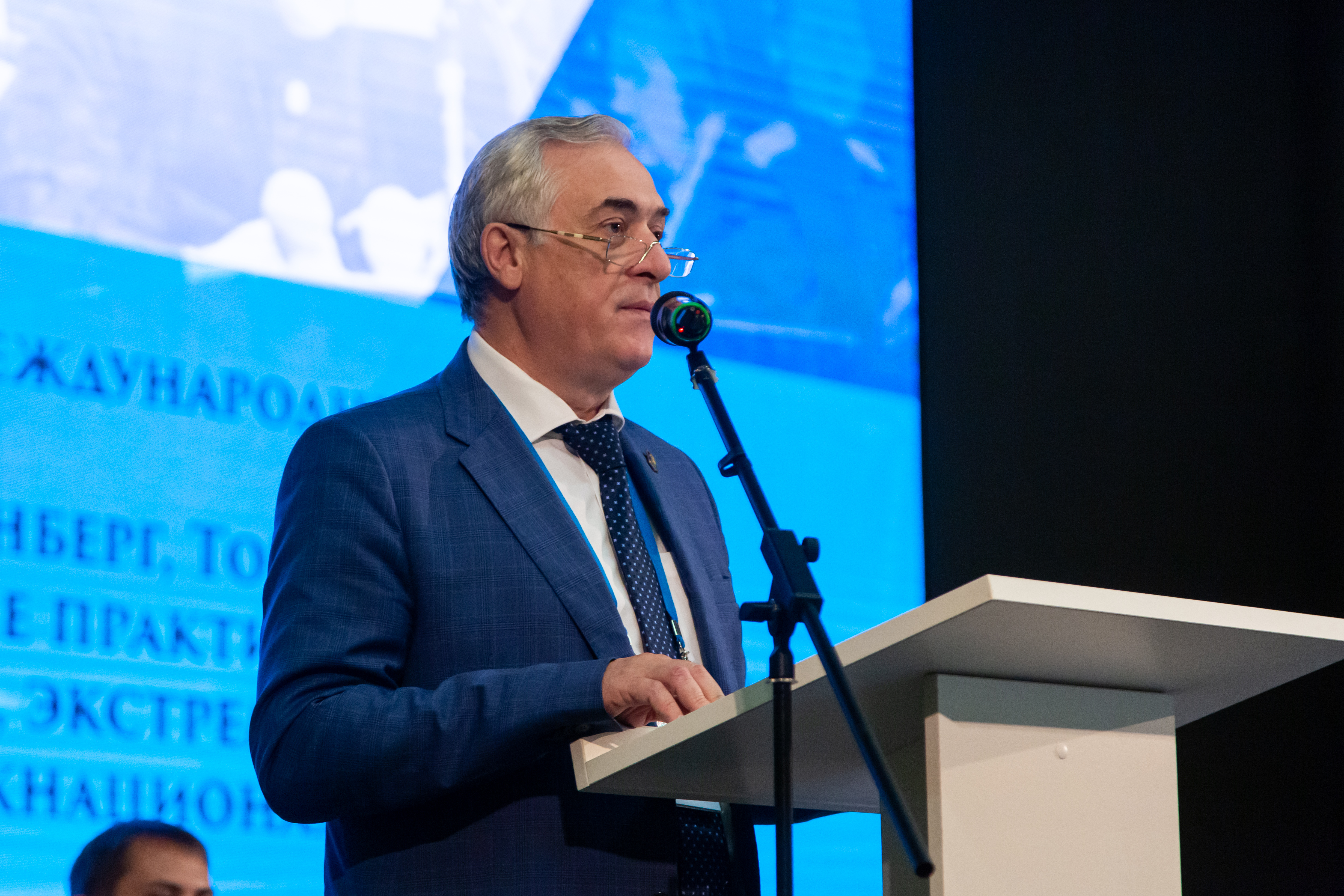
Vladimir Yakushev, Presidential Plenipotentiary Envoy to the Ural Federal District, also addressed the participants of the forum. He noted the great importance of historical memory in matters of opposition to the ideology of racial and national superiority. And he expressed confidence that the forum would help draw attention to the lessons of history, rally society and support our soldiers defending the country and the glorious victory won by the blood of our grandfathers and fathers. The Envoy wished fruitful work and a firm and principled civic stand to the participants of the forum.
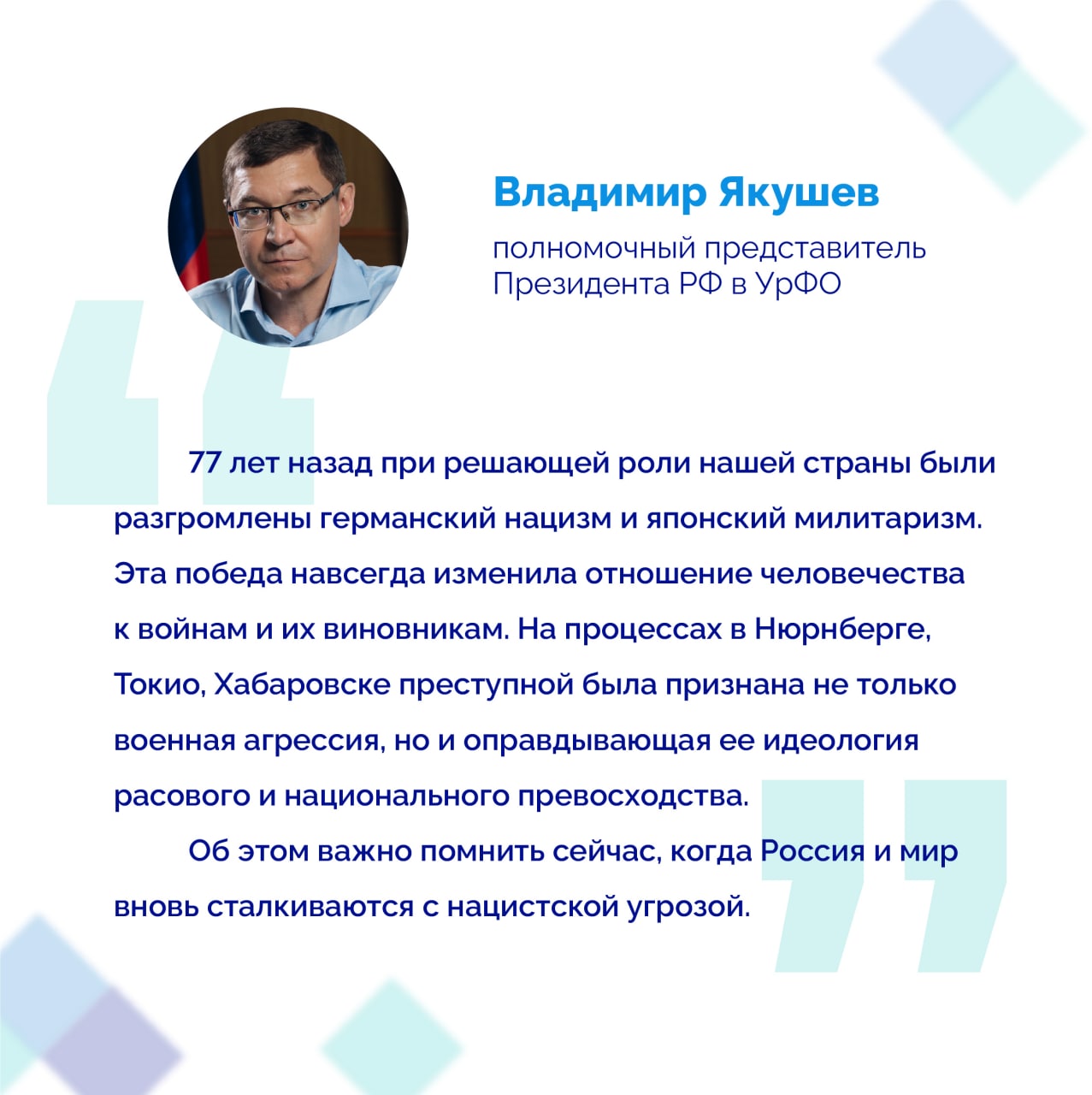
After the end of World War II, it was imperative that the leaders of the Nazi regime be found guilty of unleashing a war of aggression against all of humanity. The first International Military Tribunal began in Nuremberg (Germany) on November 20, 1945 and lasted until October 1, 1946. The trial of 22 criminals was a trial of fascism, and not of the German people, who also had suffered from that war.
Everything inhumane and hellish that is possible to invent was included in the arsenal of the Nazis. Their crimes were divided under the charter of the International Military Tribunal into three groups: crimes against peace, crimes against humanity and war crimes - all those had grossly violated international conventions previously adopted in this area.

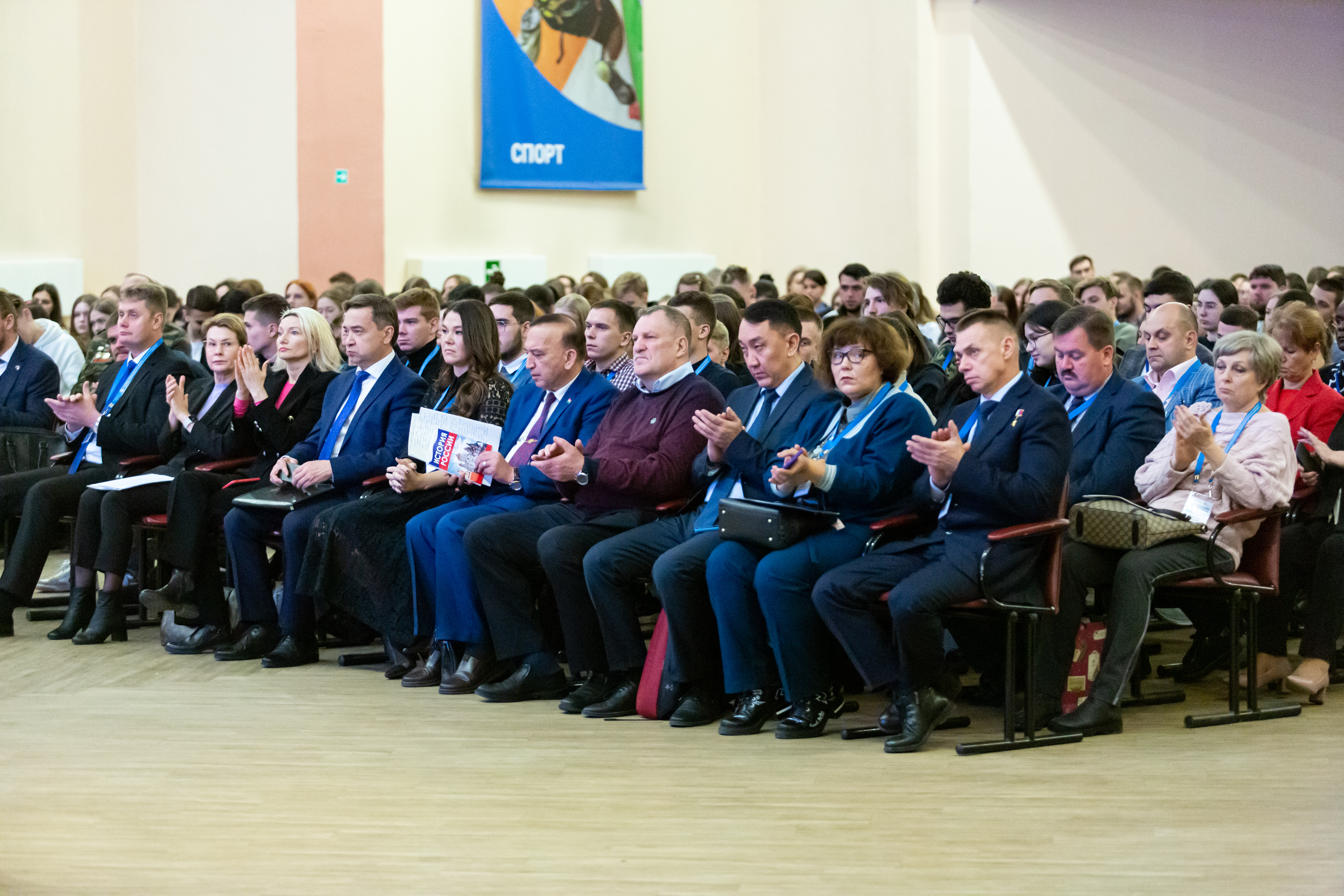
Until 1949, other 12 trials took place, in particular in Tokyo and Khabarovsk. Over 30 thousand Nazi criminals were convicted. Thus, the essence of German Nazism was exposed: its plans for the destruction of entire states and peoples, absolute inhumanity and immorality, all the depths of the atrocities of fascist executioners. Its extreme danger to mankind was pointed out.
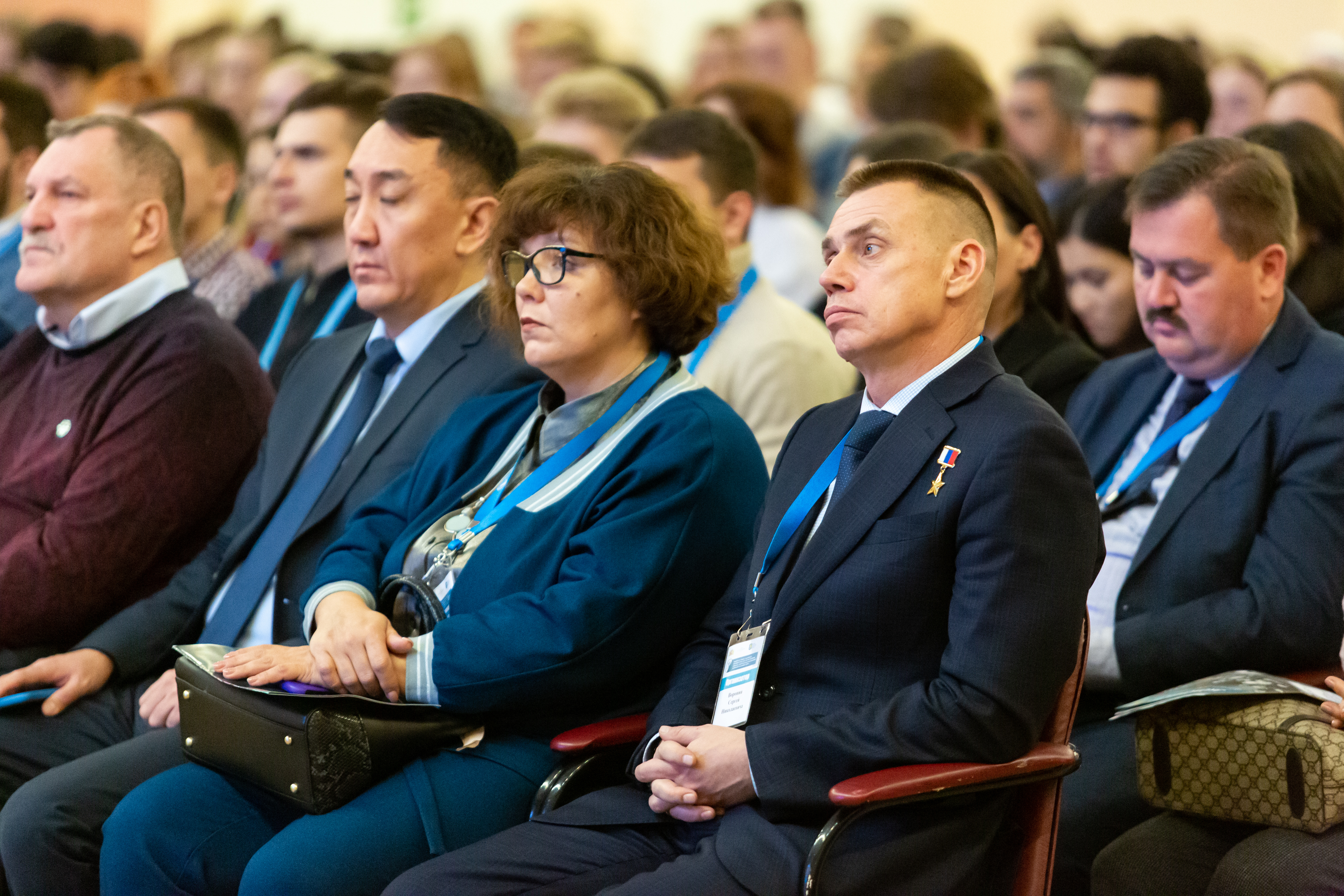
The principles and norms formulated by the Nuremberg Trials have formed the basis of all modern international legal documents aimed at preventing aggression, war crimes and crimes against humanity. And we must remember that no one has canceled the decisions of the International Military Tribunals.
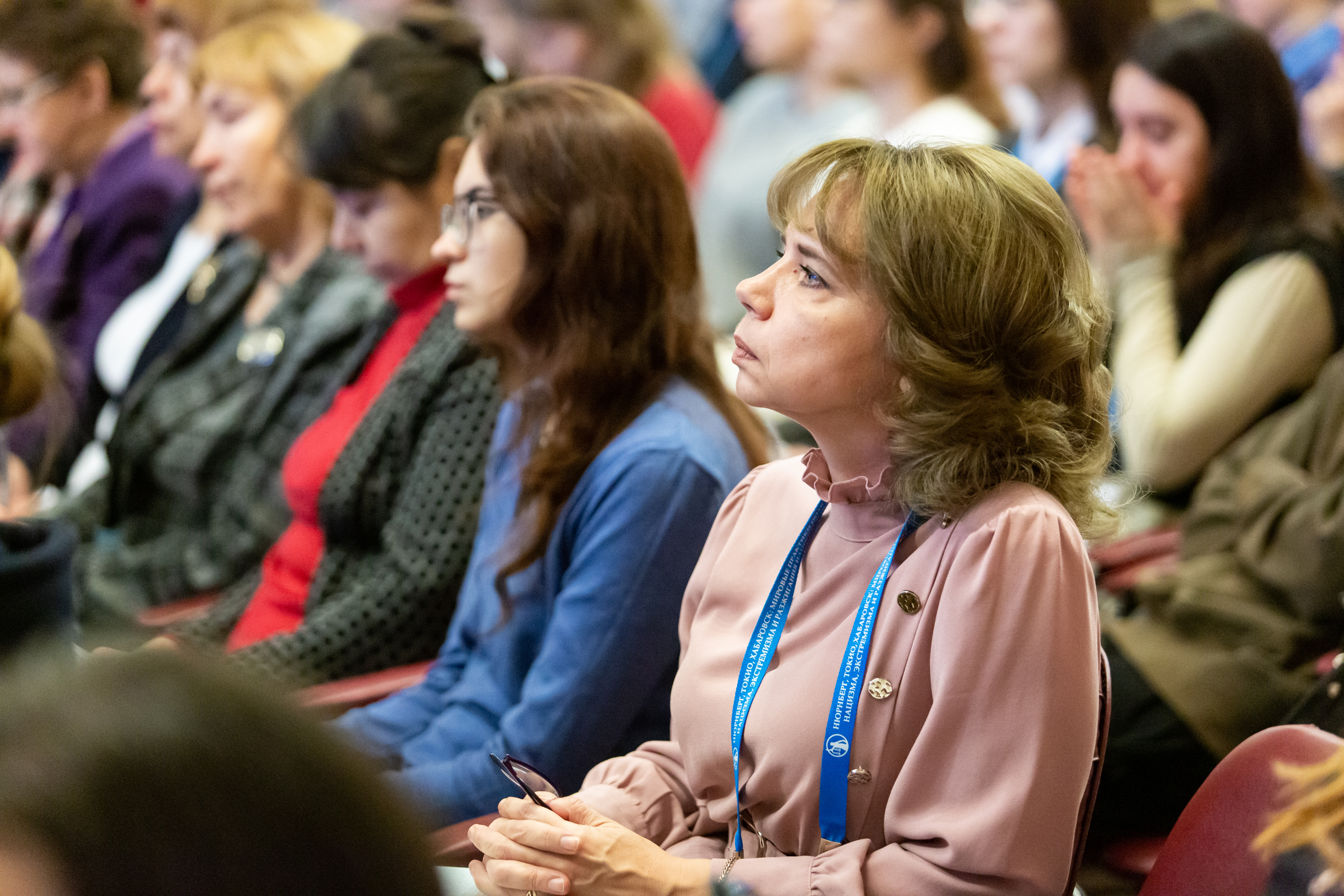
The political significance of the Nuremberg Trials is also obvious: the tribunal marked the beginning of the demilitarization and denazification of Germany.
At the end of the ceremony, the forum participants will hear reports at the plenary session “The Nuremberg Trials. Its Influence on the History and Development of International Criminal Law.”
The forum was organized by USUE together with the Government of the Sverdlovsk region supported by Rosmolodezh.
#Нюрнбергскийпроцесс
#Историческаяправда
#РосмолодёжьГранты
Photo gallery:
